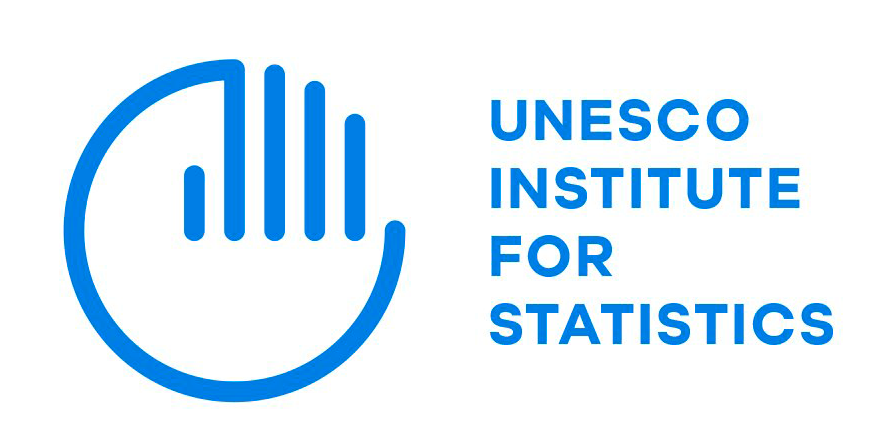Recursos
Compartir página
Resources
Explore our collection of educational resources in Latin America and the Caribbean
This section offers you a careful selection of documents, web links, and relevant publications related to education and human mobility in the Latin America and Caribbean region.
Topic
Sub topic
Type
Institution
Year
Enlaces

Regional Education Group (GRE)
The Regional Education Group for Latin America and the Caribbean has been established since 2011 within the framework of REDLAC to support the Ministries of Education and the coordination mechanisms for emergency response in the education sector (including risk management, disasters and migration), and supports its actions on the basis of the Sendai Framework for Disaster Reduction (SFDRR), the Global Initiative for all children, adolescents and young people in the region.
www.humanitarianresponse.info/en/operations/latin-america-and-caribbean/education
UNESCO Institute for Statistics - UIS
The UNESCO Institute for Statistics (UIS) is the official and trusted source of internationally-comparable data on education, science, culture and communication. As the official statistical agency of UNESCO, the UIS produces a wide range of indicators in UNESCO’s fields of action by working with national statistical offices, line ministries and other statistical organizations.
www.uis.unesco.org
Latin American Laboratory for Evaluation of the Quality of Education - LLECE
The Laboratory has been working for more than 25 years with the majority of Latin American countries in evaluations that measure the learning achievement of primary school students. His experience in the implementation of his studies allows the generation of relevant information on learning achievement and other educational indicators, which account for various aspects related to the quality of education in a comprehensive sense and respond to the challenges of the 2030 Education Agenda. This is how the Laboratory is an instance to evaluate, exchange, test, improve, innovate and make regional synergy towards the improvement of learning.
www.unescollece.org



